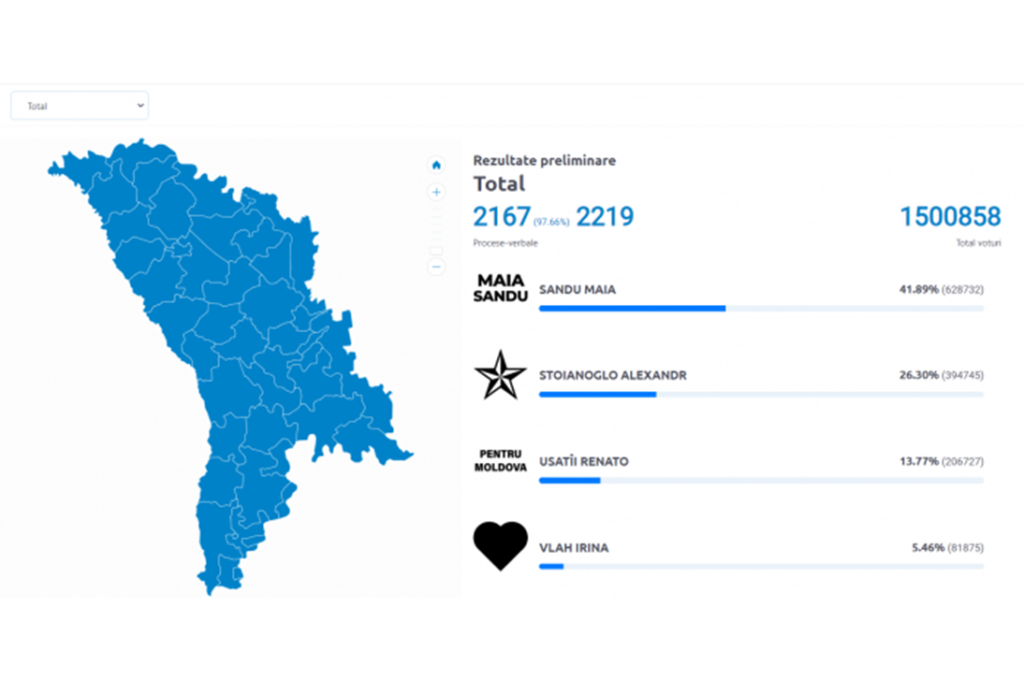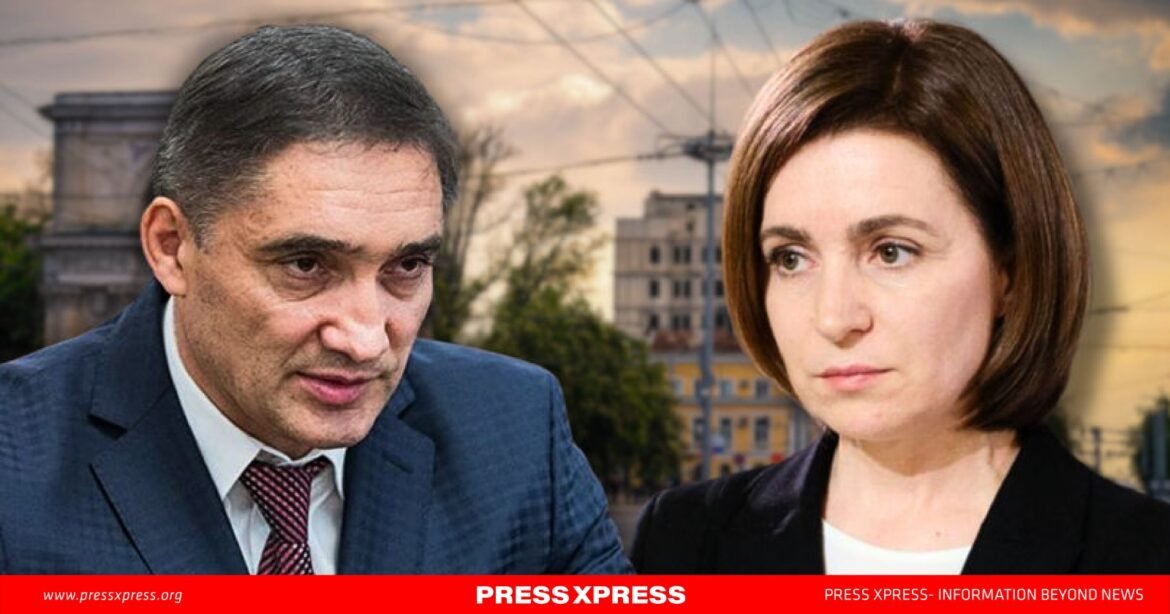Moldova’s presidential election runoff on November 3 may reshape the nation’s trajectory between the West and Russia. President Maia Sandu, a pro-European leader and former World Bank advisor, is vying for a second term but faces strong opposition from Aleksandr Stoianoglo, a former prosecutor general backed by the Socialist Party, known for its pro-Russian stance.
Sandu, whose leadership has steered Moldova closer to European Union membership, initiated EU accession talks in June, a milestone for the southeastern European country. Yet, Stoianoglo has campaigned on fostering ties with both the EU and Russia, positioning himself as a candidate for “balanced” foreign policy. He has criticized Western involvement in Moldova, particularly a recent EU aid package, while pledging to negotiate new Russian gas supplies if elected. Such moves could shift Moldova’s alliances significantly, especially as it stands in a complex geopolitical zone between Russia and the EU.
Election Marred by Alleged Interference
The first round of voting on October 20, coupled with a referendum on EU membership aspirations, was clouded by allegations of vote-buying, reportedly orchestrated by Russian-backed oligarch Ilan Shor. According to Sandu, the scheme targeted 300,000 voters, representing over 10% of the Moldovan population, to influence votes in Stoianoglo’s favor. Moscow and Shor have both denied involvement.

While Sandu narrowly won the EU referendum, the slim margin highlights the challenges she faces domestically, despite strong pro-European sentiment within Moldova’s diaspora.
A Divided Electorate
Polling data from the first round reveals a divided Moldova: Sandu secured 42% of the vote, while Stoianoglo obtained 26%, with additional votes split among candidates emphasizing independence or Russia-leaning policies. Together, Stoianoglo and like-minded candidates received approximately 850,000 votes, surpassing the 650,000 votes for Sandu and other pro-EU politicians, signaling a challenging path ahead for Sandu.

Sandu’s disapproval ratings also present obstacles, partly due to her handling of economic pressures from the COVID-19 pandemic and the fallout of Russia’s invasion of Ukraine, which affected Moldova’s energy supply and drove inflation. Pro-EU voters, frustrated by the perceived monopolization of the EU agenda by Sandu’s party, may also affect her support. According to Radu Burduja of the Chisinau-based Euro-Atlantic Institute for Building Resilience, some supporters feel that the pro-EU cause has been overshadowed by Sandu’s party, contributing to the referendum’s narrow margin.
The Impact of Stoianoglo’s Potential Win
Stoianoglo has promised to prioritize Moldova’s national interests, yet political analysts warn that his victory could strengthen pro-Russian forces ahead of Moldova’s 2025 parliamentary elections. He also criticized the government’s alignment with Western sanctions on Russia, calling it a “circus.” Political analyst Valeriu Pasha cautions that Stoianoglo’s stance may strain Moldova’s EU relations, particularly if he pursues closer ties with Moscow.
While the current PAS majority in Moldova’s parliament could limit Stoianoglo’s influence, upcoming elections could shift that balance. “If Sandu loses, it sets favorable conditions for pro-Russian forces in 2025,” notes analyst Vitaly Andrievsky.
EU Concerns and Regional Implications
The stakes extend beyond Moldova’s borders. An EU diplomat expressed concern over the geopolitical impact if Moldova were to pivot away from Europe, with implications for the region’s stability and EU security. Should interference persist in the second round, Moldova’s EU accession efforts may face setbacks.
As Moldova braces for the runoff, Oazu Nantoi, a lawmaker from Sandu’s party, remains cautiously optimistic. However, with internal pressures mounting and external forces watching closely, Sunday’s election could decisively shape Moldova’s future, either reinforcing its European ambitions or ushering it back toward Moscow’s sphere of influence.


